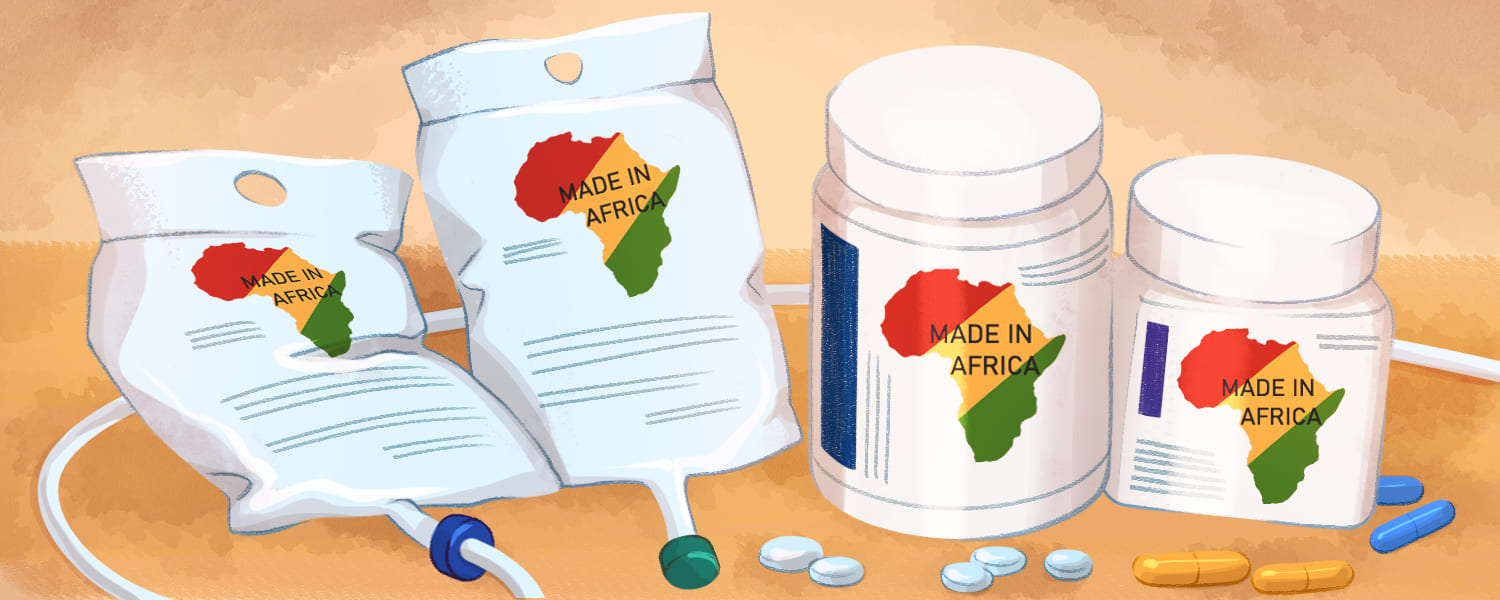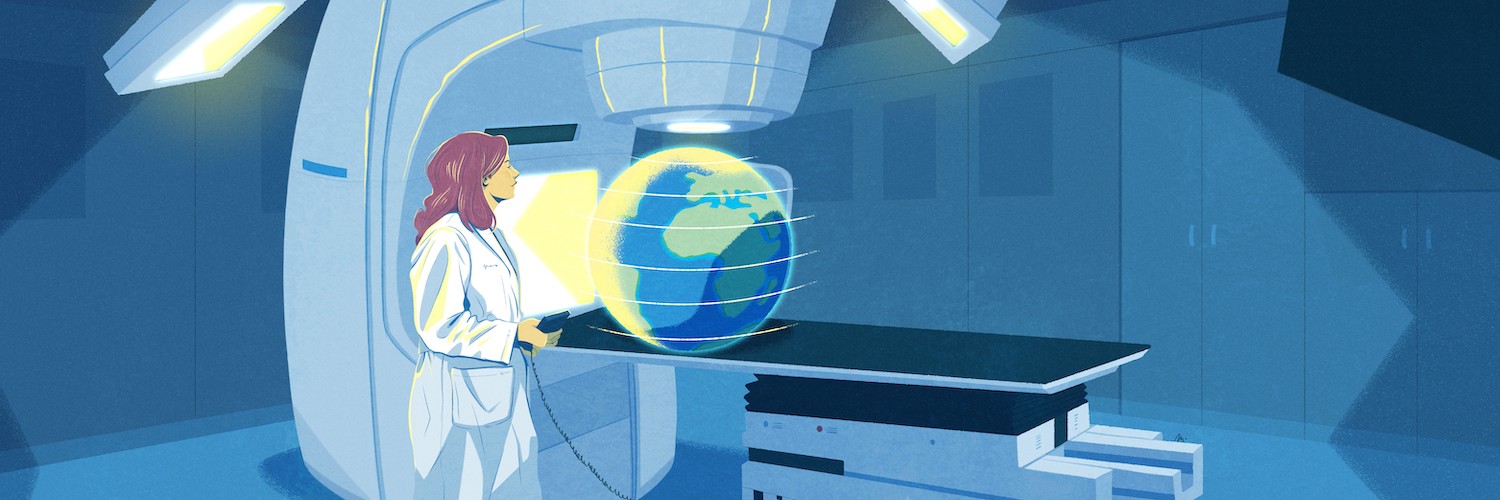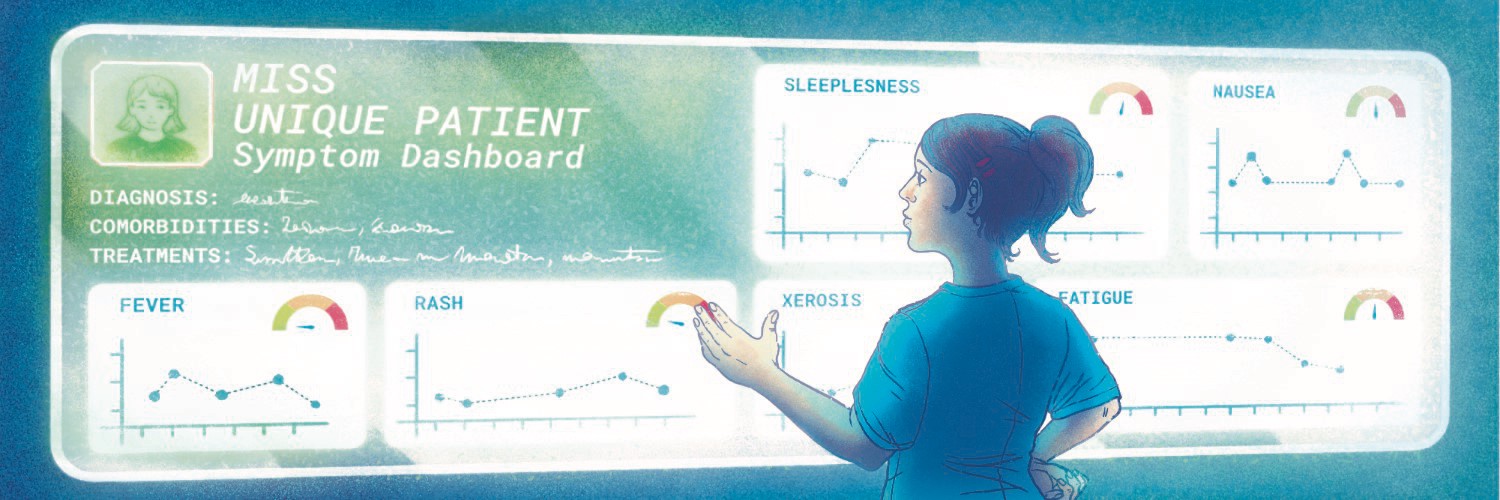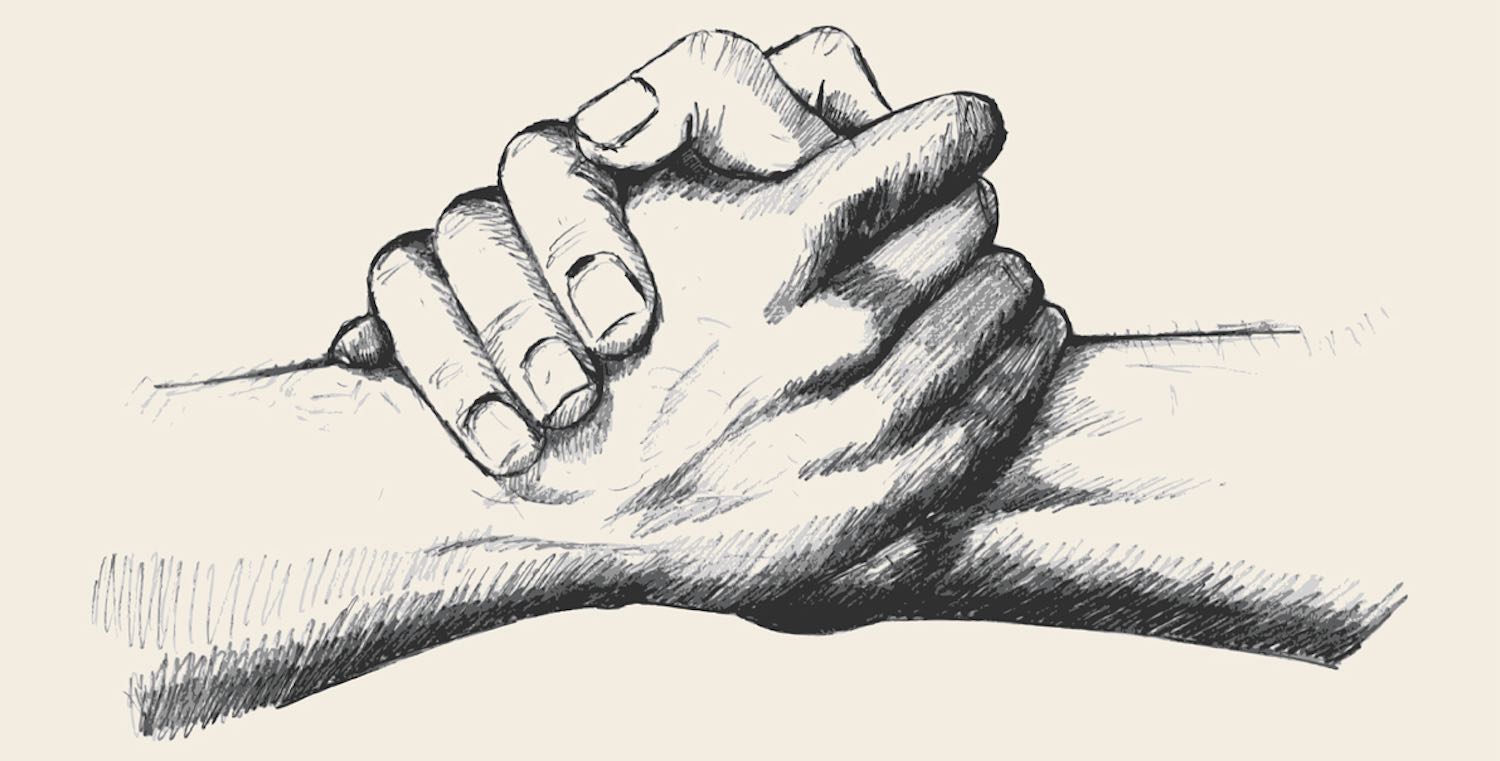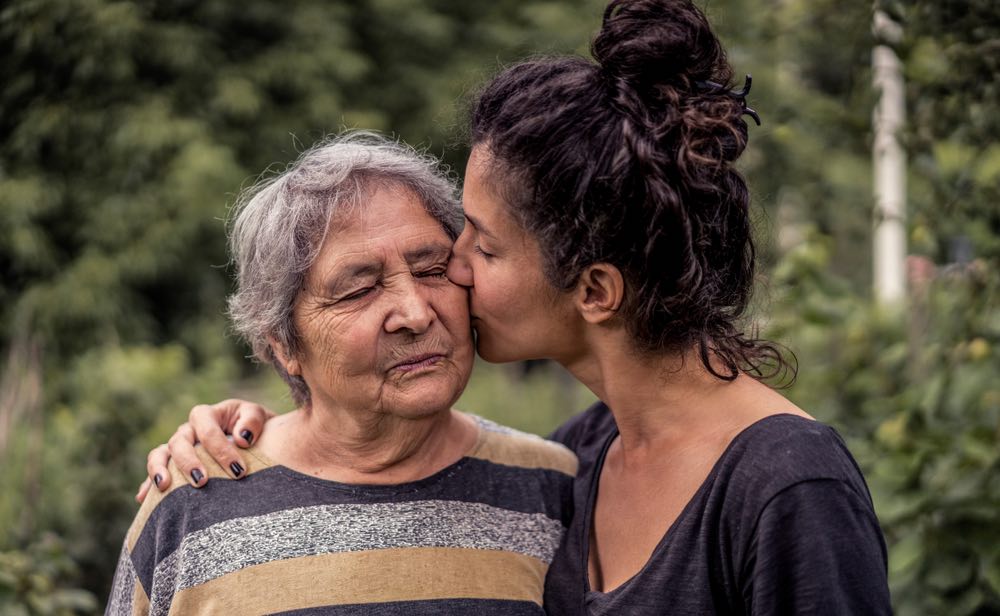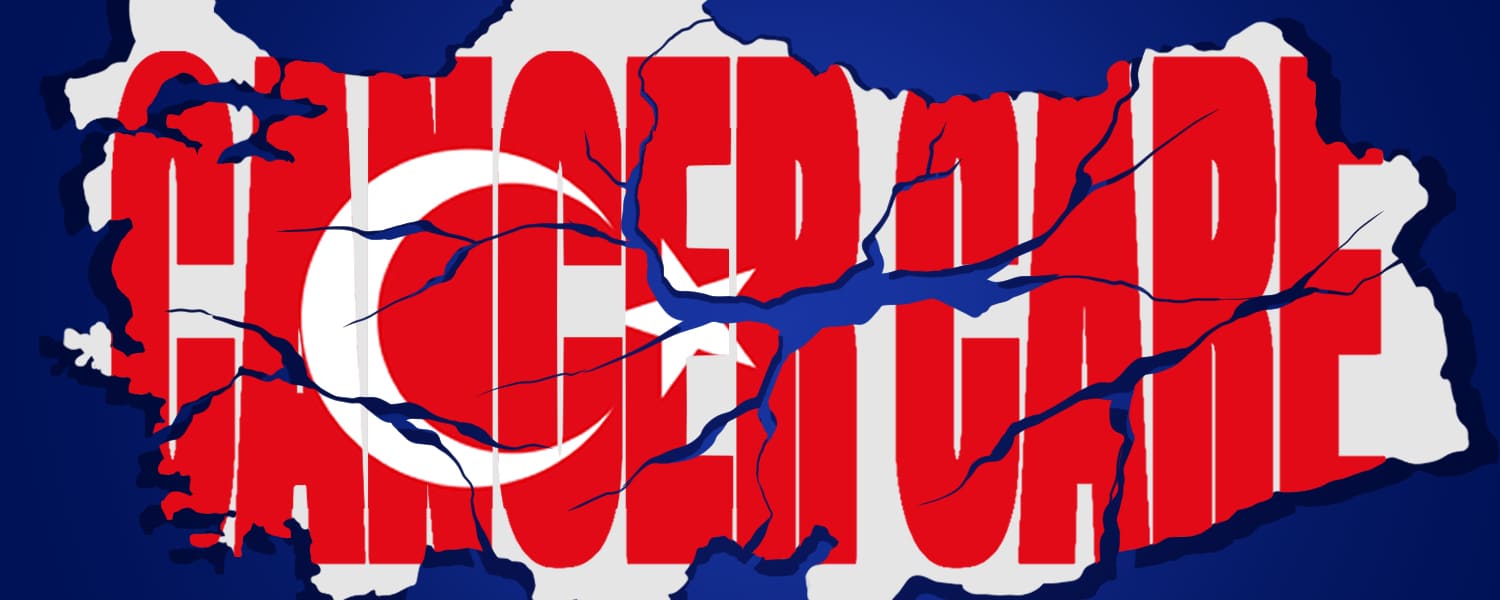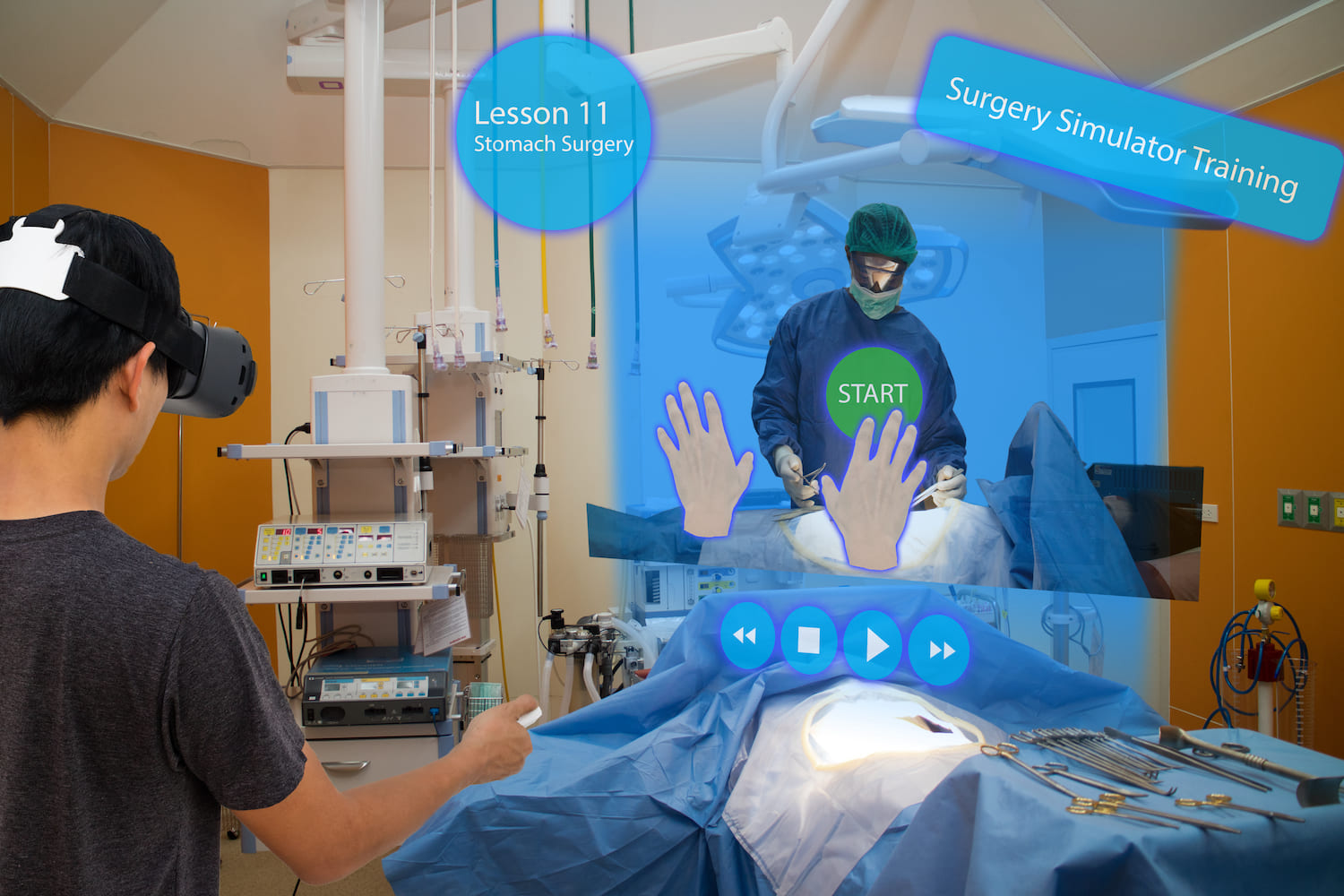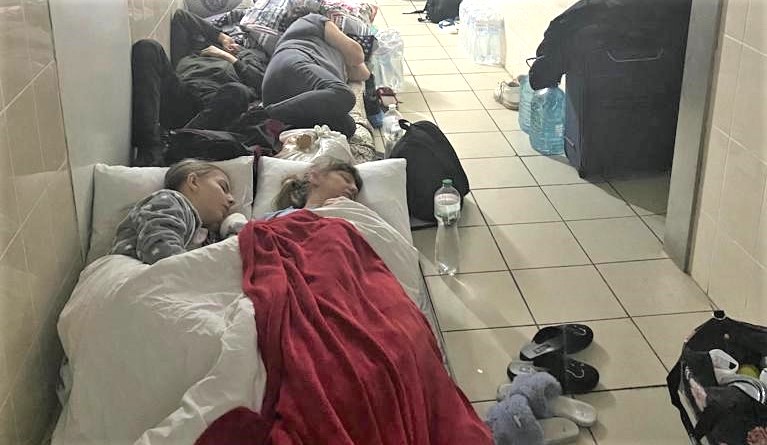Delivery of Care
Cancer drugs for Africa… from Africa?
More than two years ago, Cipla Quality Chemical Industries, a pharmaceutical manufacturing company in Kampala, Uganda, announced that it would start producing cancer drugs. In a deal agreed in 2021 with the Ministry of Health, the company, which is part…
New options to protect long-term health of children treated for cancer
Childhood cancer is considered a success story of modern medicine, with more than 90% of children now surviving long-term in high-income countries, up from just 10% 65 years ago. Yet many children who survive their cancer go on to experience…
AI-generated radiotherapy planning could boost access to high-quality treatment across the globe
Can artificial intelligence help design radiotherapy treatment plans, reducing time and cost while matching the quality of skilled professionals? That is the question that a new multi-centre and multi-arm ARCHERY study is trying to answer. The global study, still at…
Precision cancer nursing: using the personalised medicine paradigm to improve patient care
Precision medicine is transforming the way we treat cancer. Oncology is evolving from treating purely on the basis of a broad indication to a tailored approach that is based on a tumour’s molecular characteristics, and usually requires complex combinations of…
How do I respond? Advice for friends and family on supporting someone through cancer
A few days after being diagnosed with cancer, at only 32 years of age, Katarzyna Chmielewska-Wojciechowska met a friend who asked, in passing, how she was doing. She told him. His response was to sympathise and offer reassurance. He knew…
Unpaid women carers: recognising their contribution and their needs in Latin America
Researchers and public policies have historically overlooked the challenges of informal caregiving for cancer patients in Latin America. Now, public health experts are working to profile this neglected group, evaluate their quality of life and put an economic value on…
‘Fragile’ cancer patients hit by Turkish earthquake need urgent support
Hakan Büyükhatipoğlu was at home with his family in Gaziantep at 4.17 in the morning of 6th February when the earthquake struck. The epicentre of that first quake was less than 40 km from the city. Less than 12 hours…
Expert cancer surgery: could VR help speed up and standardise training?
Spinal surgeon Bronek Boszczyk has said that training in complex surgery is like having to learn the violin during a full orchestral concert. The training revolves around closely supervised surgery on real patients in a real operating theatre – which…
Food insecurity: Why screening for access to nutrition should be part of cancer treatment everywhere
Sixteen-year-old Sahil Bacchav had just finished his tenth grade exams when he developed terrible headaches and a feeling that his nose was blocked. He was referred to King Edward Memorial Hospital, a municipal hospital in Mumbai, where he had his…
Cancer care in Ukraine, one year on
I make two appointments to speak to Anna Uzlova of Inspiration Family, a Kyiv-based foundation set up in September 2020 to support adult cancer patients. The first time the interview cannot take place because Uzlova is going to visit family…

